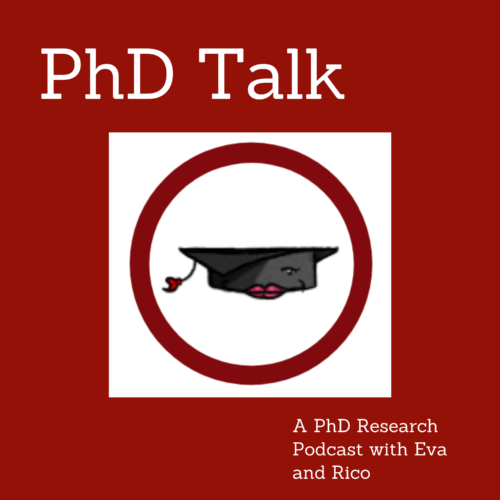
Can we apply the 10000 hour rule to a PhD?
As we are discussing adhering more strictly to a four-year limit for PhD candidates, I am thinking again about how much time it takes to become an independent researcher.
I’ve written in the past about how I estimated that it takes 10000 hours to get a PhD:
If you consider the average length of 3 to 4 years for a PhD course, you end up with on average 3,5 years of experience in research and writing.
At 65 hours per week, and 52 weeks per year, minus holidays and the time required to travel to conferences, an average student works about 65 hr/wk*(52 wk – 8 wk) per year.
The magic number of 10,000 hours then appears when you consider:
3,5 yr * 65 hr/wk*(52 wk – 8 wk)= 10,000 hr
If you would adhere to a 40 hour workweek and 1720 hours of work per year, by the same token, the PhD would take 5.8 years, which seems to align quite well with the time it is currently taking many candidates. At the same time, if we are adding a courseload on the students that is roughly equivalent to one year of work, then that year should be added up somewhere as well. Would that bring us then to 6.8 years to completion for a full-time candidate?
I certainly am only raising questions here. To know how much time it really takes PhD candidates to complete their degree, we would need to use broad time tracking across a large cohort of candidates.
And – we would need to consider all the deviations from the path: when candidates are asked to contribute to other experiments, when they get educational responsibilities, when they take courses, and when they have to change their research approach because the original ideas are not working.
We would also need to study what research groups are doing where all candidates manage to graduate on time, and we would need many more candidates to finish in three years to get the average to under or near four years.
All in all, I think we need more data before we can draw up a plan to ensure timely PhD completion. Throwing the burden on the candidates and the supervisors seems to be without sufficient forethought and analysis.
What do you think is the secret ingredient to achieve timely graduation for PhD candidates?




The 10.000 h rule applies to becoming a specialist – this is actually exactly the 40h per week during 3 years of bachelor studies and 2 years of master studies we typically require in Europe before getting a PhD. Considering 65h per week during the PhD is not correct: tied PhD students are not efficient and certainly not productive. The secret to finishing the PhD in time is planning for a realistic project. In the NL the PhD is typically 4 years, about 6 months are spent on courses and conferences, most PhD students teach for at least 10% of their time, they all should take holidays to charge their batteries, so 3 years of research work is what one should plan for. The purpose of the PhD is demonstrating that one has become a reliable, good and independent researcher – 3 years of research should be amply sufficient to do that.
Thank you for your thoughtful reply, Petra! I agree that 4 years should be sufficiently long, of which 3 years is spent on the research as you indicated (rereading my post, that isn’t really clear). At the same time, I am trying to understand why there are many delays in our PhD program in Delft, and what we can improve to make sure the majority of candidates can graduate within the time they get (instead of ending up in a difficult situation towards the end of their program…).